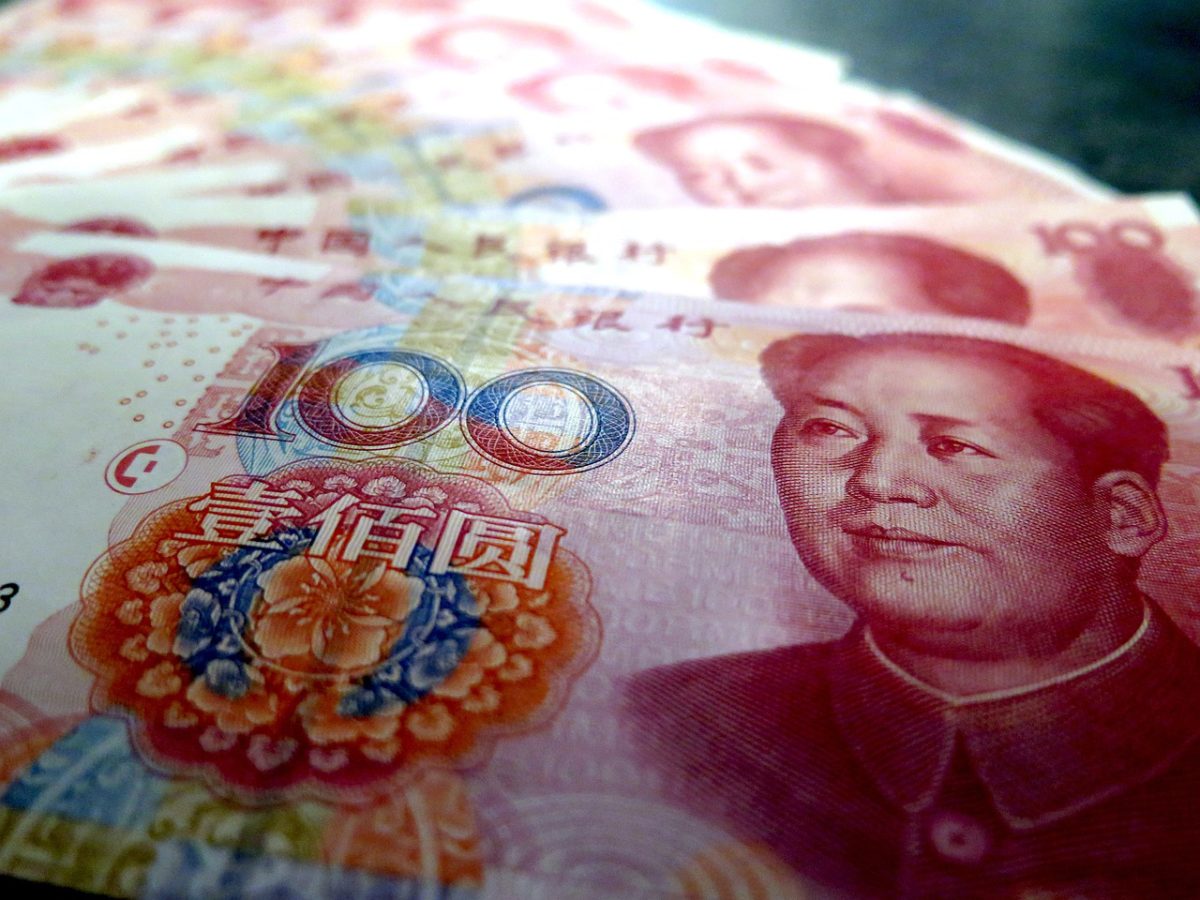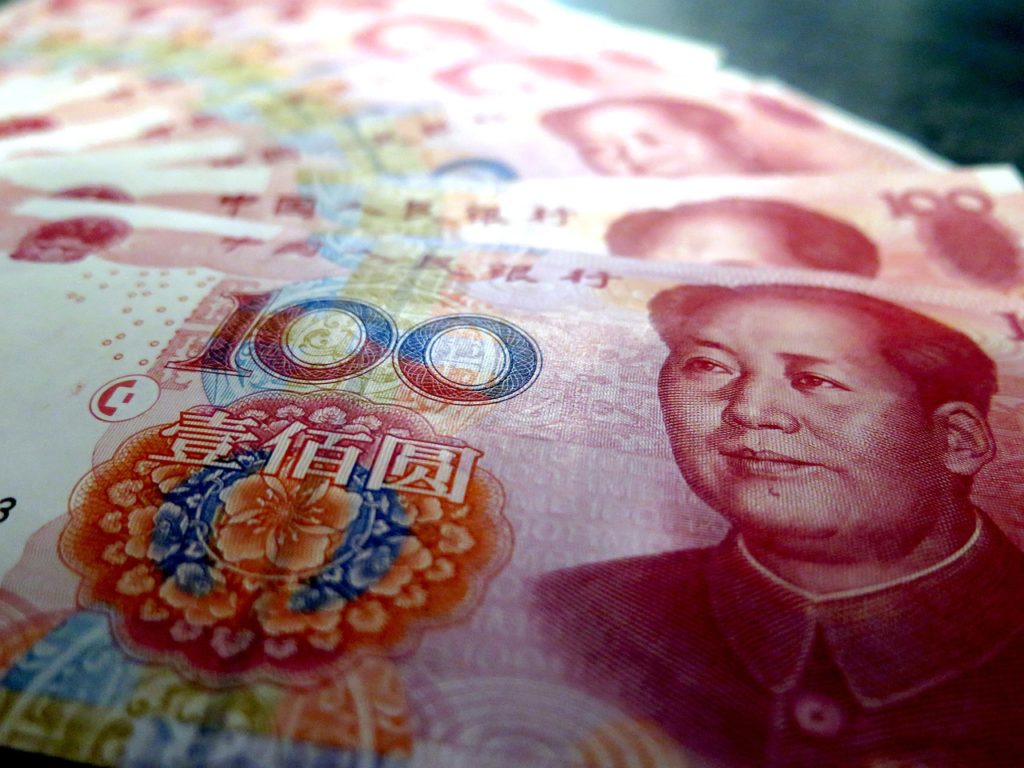
Continued tension in job market and compensation packages sees work-life balance as an emerging theme.
As China puts forth its national agenda to raise the happiness index of its citizens, top Chinese talents are also shifting towards a new set of similar values, according to the Greater China Talent Environment Index (Index) recently released by The MRI China Group.
The Index, drawn from data surveying 3,185 middle to senior level executives across six key industries in both mainland China and Hong Kong, revealed a multifaceted profile of China’s top talent trying to achieve higher compensation, career advancement and work-life balance.
The Index draws a portrait of a rising Chinese middle class with growing confidence: 64% of respondents in mainland China received at least one offer from another company in the past 18 months; 77% of them indicated increased confidence about career opportunities in 2011 versus 2010 and 87% them are open to making a career move in 2011.
46% of the people having made a move had seen a remuneration increase over 30%. The majority of respondents including the ones who believe they are in the top percentile of compensation remain dissatisfied with their current compensation.
However, the Index suggests that to stay in a current job, 'challenges' and 'people' are what count most over 'compensation', with 'job security' considerations also much stronger in Hong Kong. When moving to a new role, compensation remains the number one motivator while “increased responsibility” and “work/life balance” are also determinant factors.
The Index profiles first and foremost, an ambitious talent pool driven by career ambition and money, but it also reveals an increased expectation of “happiness”. A key emerging trend amongst China’s middle class is an increasing demand for higher quality of life. According to the Index, 'work-life balance' ranks among the top three motivators for people undertaking a career change in mainland China and in Hong Kong.
“We are seeing complex trends and interesting value changes amongst top talents in China,” said Christine Raynaud, CEO, The MRI China Group. “The attraction and the retention of top talent is on the agenda of all CEOs and senior HR executives in Asia: our survey shows that it is not all about money so companies could mitigate the compensation issue with an offering for a good work environment and a career plan.”
“As China focuses more on people’s livelihood, we expect to see more maturing talents join in the pursuit of work and life balance,” said Chris Watkins, Country Manager, The MRI China Group. “Companies will experience increased difficulties attracting and retaining top talents in the years to come, given that they are already in short supply and many of them will want more than a fast career and money.”
The Index also revealed interesting trends in mobility. According to the survey, 64% of mainland respondents are seeking work both inside and outside their local markets. The same trend is also present in Hong Kong. Outside China, Singapore and Australia were the most sought-after destinations.
It is worth noting that the report did not find a strong correlation between the 'go west' initiative and the respondents’ willingness to relocate. For companies looking to expand inland, this result suggests the necessity for increased attention to workforce planning.





